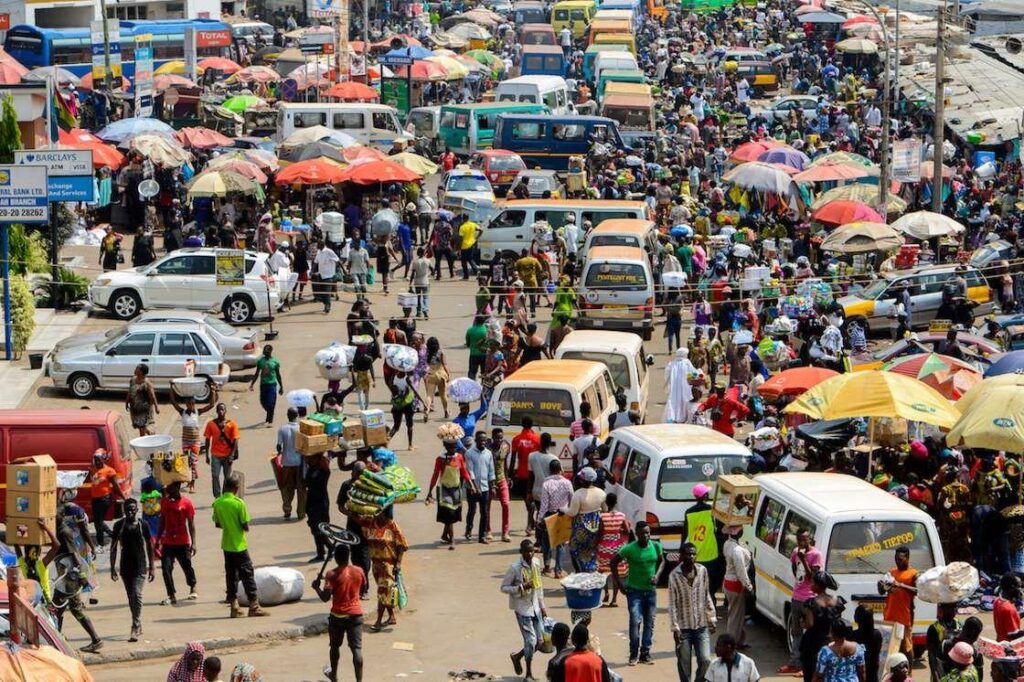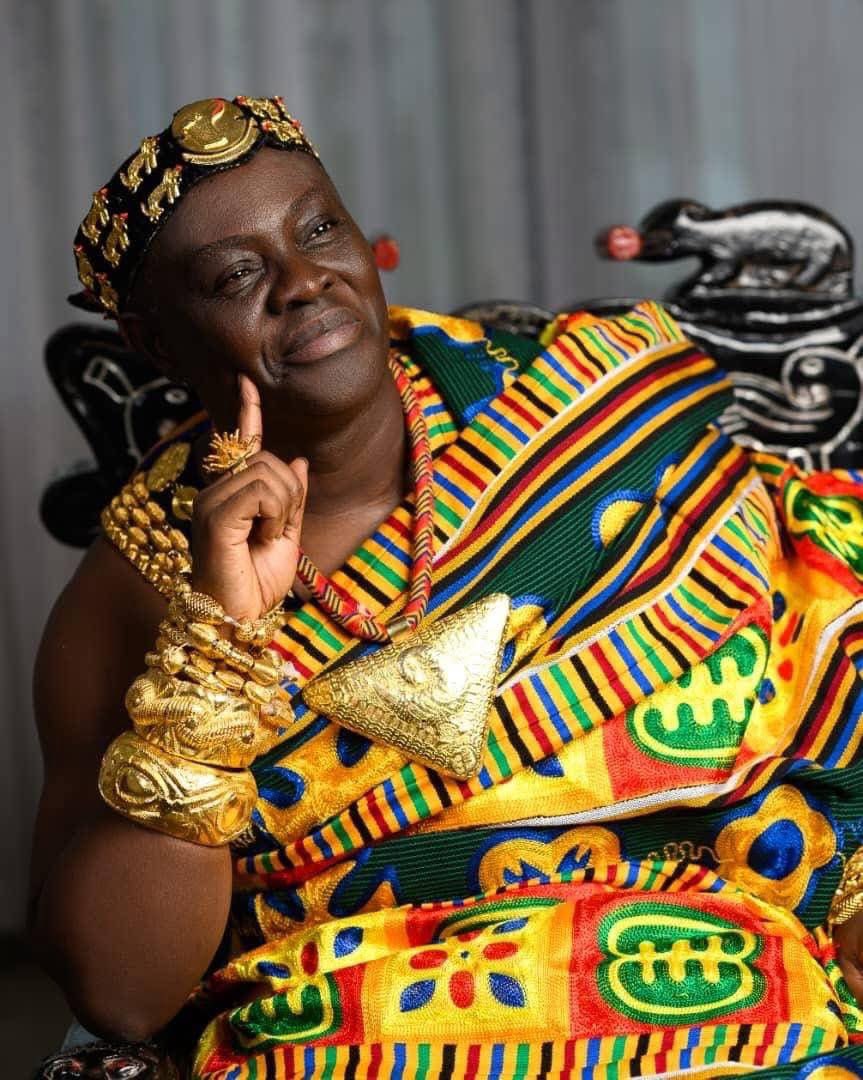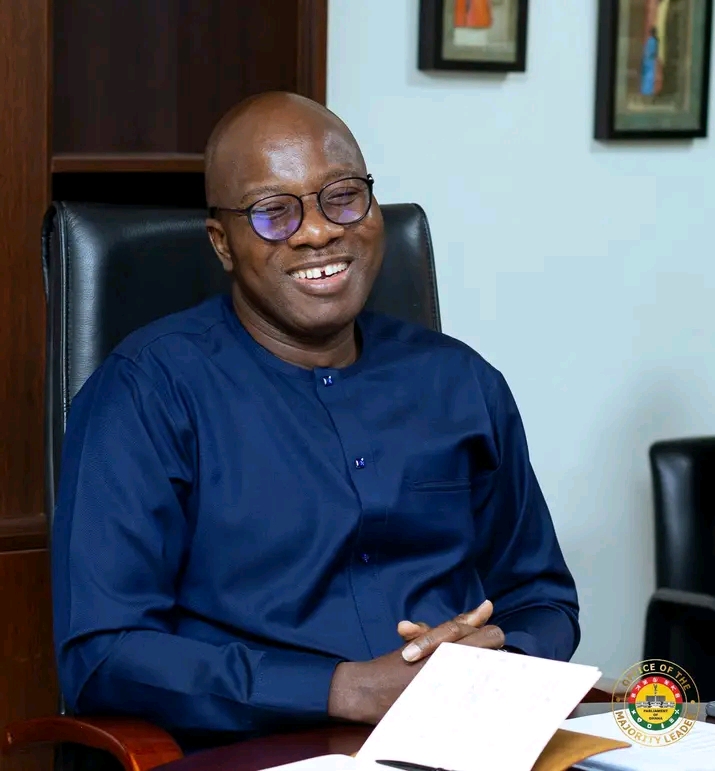By Vincent Kwofie

The Ghana Statistical Service (GSS) has released a new report outlining growth projections for the country’s population. By 2050, Ghana’s population is expected to surge by 70.36 percent, reaching an estimated 52.47 million, compared to 30.83 million in 2021.
The report, titled “Population Projections 2021 – 2050,” utilizes data from the 2021 Population and Housing Census as well as historical sources. It predicts a steady rise over the next decade, with the population reaching 33 million by 2024 and exceeding 44.7 million by 2040. Although, the projected rates of population growth suggest a decrease in the population growth rate in the next 25 years.
The report indicates that Ghana’s population structure is undergoing a transformation. The proportion of children (aged 0-14) is projected to decline further, reaching 29.1% by 2050, while the population aged 60 and over is expected to rise significantly, reaching 10.8% by 2050 from 6.5% in 2021.
Presenting highlights of the report, the Deputy Government Statistician in charge of Social and Population Statistics, Dr. Faustina Frempong-Ainguah, said the population projections will, among other things, provide valuable insights for policymakers and institutions for planning.
Speaking on the regional breakdown, she mentioned that population pressure on Accra will deepen by 2030. “The trend towards urbanization is expected to continue. The urban population is projected to reach 60.7% by 2030, with Greater Accra, the most urbanized region, experiencing a population density increase of 1.3 times by 2030.
On the other hand, the report indicated that nine of the 16 regions have more than half of their population living in rural localities in 2021, projecting that, out of the nine, seven regions, i.e., Volta, Oti, Western North, North East, Upper West, Savannah, and Upper East, will continue to remain rural by 2030.
To that end, Dr. Faustina Frempong urged the government to create more jobs in less populated areas to help ‘redistribute’ the population in Accra. She also urged the government to look at the pressure the population density will place on facilities in Accra in the coming years.
GSS again predicts that the number of school-age children will continue to increase by 2030.






